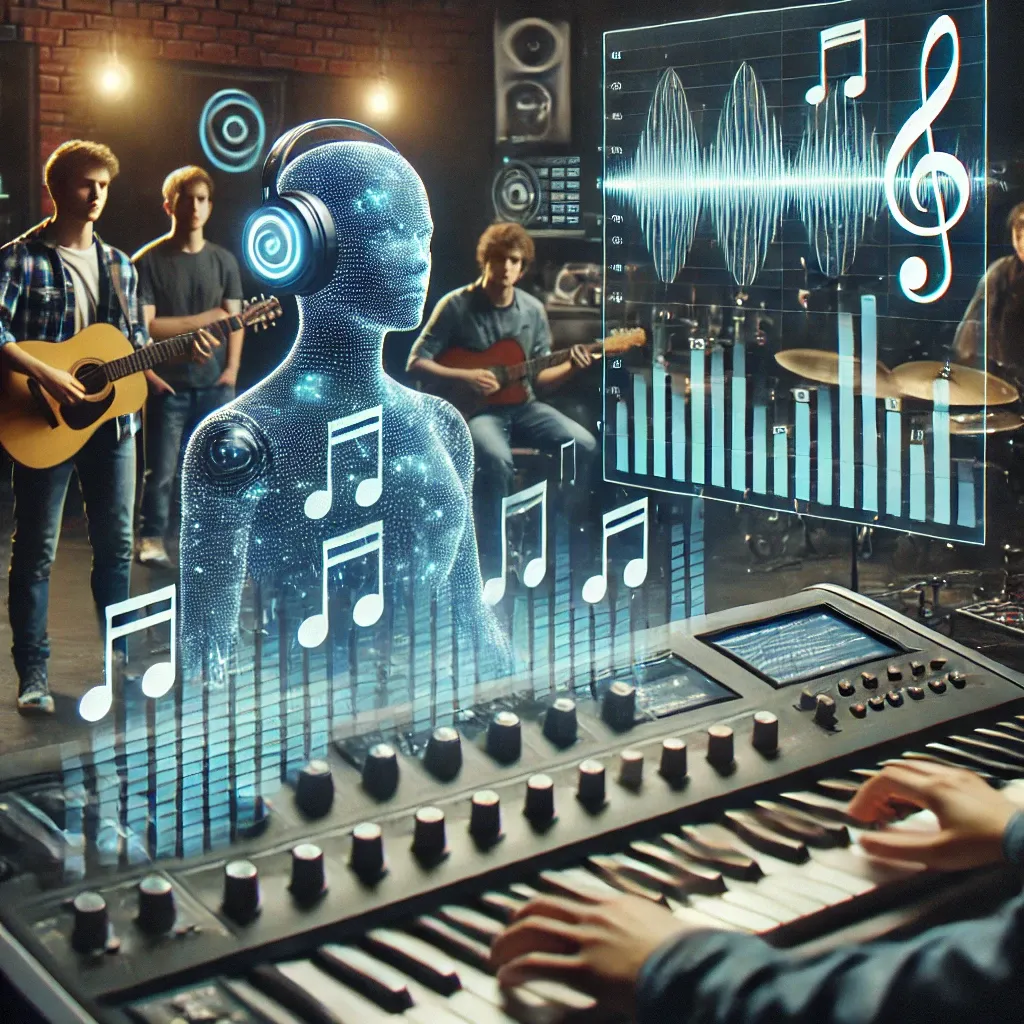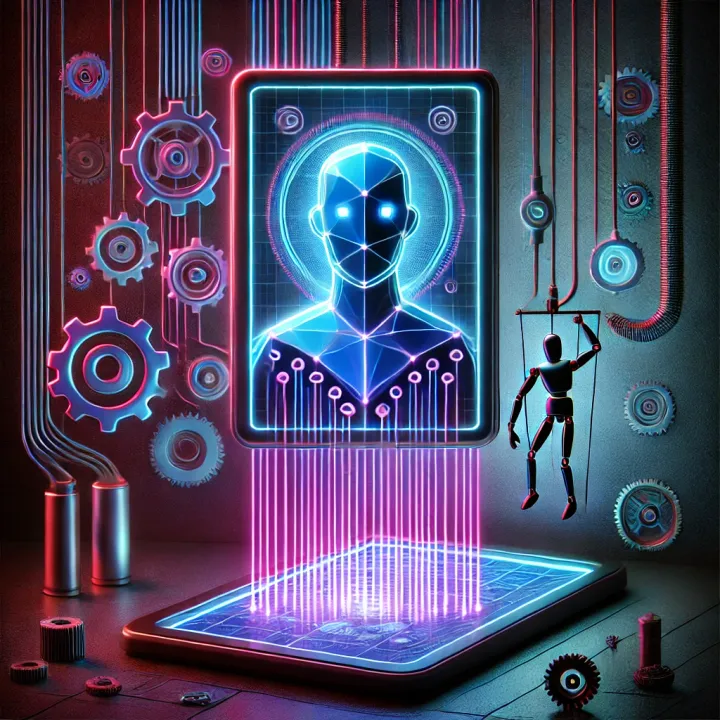AI-Generated Music is Going Viral—But Who Gets Paid?
AI is composing symphonies, rapping like Drake, and remixing classic hits. But who owns the rights to AI-generated music? As AI-generated songs flood streaming platforms, the music industry is scrambling to address copyright, ownership, and revenue-sharing concerns.

AI is composing symphonies, rapping like Drake, and remixing classic hits. But who owns the rights to AI-generated music? As AI-generated songs flood streaming platforms, the music industry is scrambling to address copyright, ownership, and revenue-sharing concerns.
The Rise of AI-Generated Music
Platforms like OpenAI’s Jukebox and Google’s MusicLM can generate entire songs in an artist’s style. In 2023, an AI-generated song mimicking The Weeknd and Drake went viral, leading record labels to issue copyright claims. Some artists embrace AI as a creative tool, while others see it as a threat to their livelihoods.
The Legal Battle Over AI Music
- Copyright Confusion: AI-generated works may not be protected under U.S. copyright law, leaving ownership rights ambiguous.
- Artist vs. Algorithm: Some musicians see AI as a collaborator, while others fear AI-generated content will replace human artists.
- Music Industry in Crisis: Record labels and streaming platforms are struggling to regulate AI-generated music and ensure fair compensation.
The Future of AI in Music
Should AI-generated music be banned, regulated, or embraced? As AI music gets more advanced, the line between human and machine-made art is disappearing—along with artists’ paychecks. The coming years will determine whether AI becomes a creative ally or an existential threat to musicians worldwide.
If you liked what you read, please support independent journalism by subscribing.

